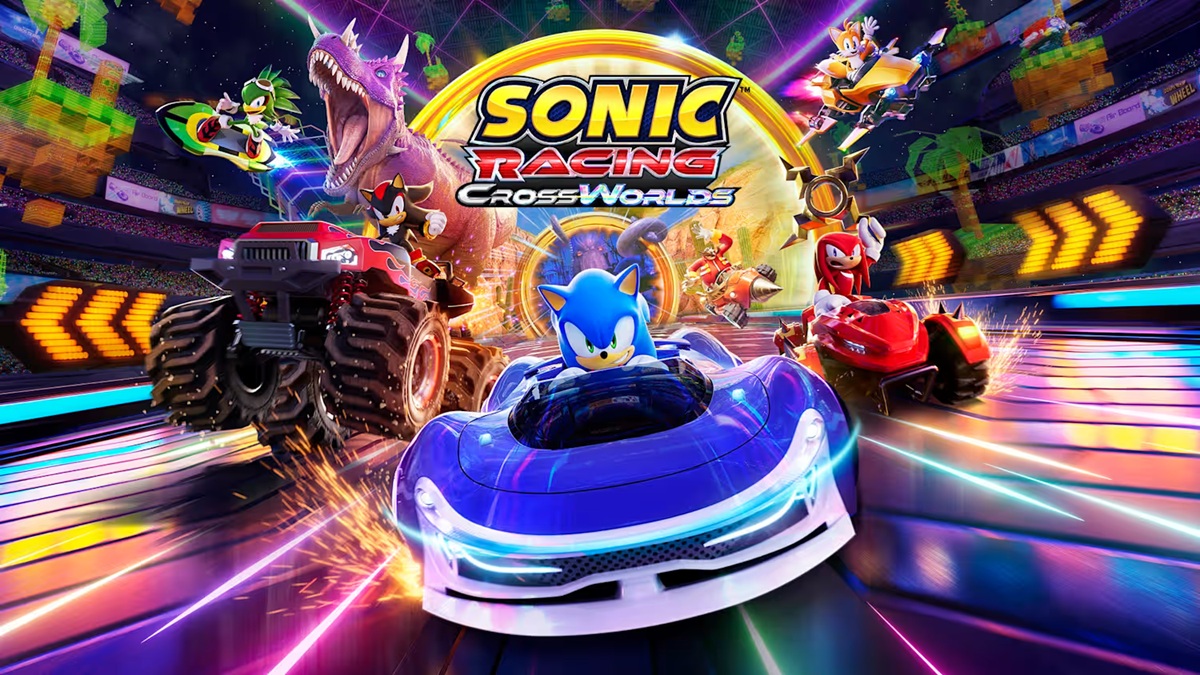On September 25, 2024, fans of classic arcade gaming celebrate a major milestone: the 38th anniversary of Sega’s legendary racer, OutRun.
Developed by Sega and originally released in arcades in 1986, OutRun quickly became a defining title in racing games, renowned for its innovative hardware, vibrant visuals, branching road paths, and unforgettable music.
It has since been ported to numerous home consoles, including the Nintendo Switch via the eShop, allowing new generations to experience its timeless appeal. To commemorate OutRun’s enduring influence, renowned composer Hiroshi Kawaguchi—responsible for the game’s memorable soundtrack—shared a unique piece of video game history on social media.
Kawaguchi revealed original design documents from the game's development, including a fascinating bit of trivia about the now-iconic music track "Passing Breeze." According to Kawaguchi, the track "Passing Breeze" was originally titled "Passing Wind" during OutRun’s development.
The name change resulted from cultural feedback during the game's location testing in the United States.
In a clear and candid explanation, Kawaguchi recounted, paraphrased for clarity: When OutRun underwent location testing stateside, a member of the local team pointed out that the phrase 'passing wind' had a slang meaning, referring to flatulence—commonly known as 'a fart.' To avoid any unintended humor or misinterpretation, the track's name was ultimately changed to the more elegant ‘Passing Breeze’ prior to the game’s final release. "I’m delighted that OutRun is still remembered so fondly.
To celebrate, I dug up historical documents that show the song’s original title.
It was indeed that, as amusing as it may sound," Kawaguchi noted in his social media post. This revelation highlights the collaborative and globally conscious nature of Sega’s development philosophy, ensuring that games would appeal—and avoid unnecessary embarrassment—in all markets.
Since its original arcade debut, OutRun has sold millions of copies across its various platforms.
The title played a pivotal role in popularizing the use of dynamic soundtracks in racing games, a legacy that has influenced numerous other games on the Nintendo Switch and beyond. As OutRun celebrates nearly four decades of widespread acclaim and innovation, stories like this serve as a reminder of the thoughtful attention to detail and cultural awareness that defined Sega’s classic era.
With modern reissues, including on the Nintendo eShop, both longtime fans and a new audience have continued access to one of gaming’s most iconic racers, its classic tunes, and its storied development history.
Developed by Sega and originally released in arcades in 1986, OutRun quickly became a defining title in racing games, renowned for its innovative hardware, vibrant visuals, branching road paths, and unforgettable music.
It has since been ported to numerous home consoles, including the Nintendo Switch via the eShop, allowing new generations to experience its timeless appeal. To commemorate OutRun’s enduring influence, renowned composer Hiroshi Kawaguchi—responsible for the game’s memorable soundtrack—shared a unique piece of video game history on social media.
Kawaguchi revealed original design documents from the game's development, including a fascinating bit of trivia about the now-iconic music track "Passing Breeze." According to Kawaguchi, the track "Passing Breeze" was originally titled "Passing Wind" during OutRun’s development.
The name change resulted from cultural feedback during the game's location testing in the United States.
In a clear and candid explanation, Kawaguchi recounted, paraphrased for clarity: When OutRun underwent location testing stateside, a member of the local team pointed out that the phrase 'passing wind' had a slang meaning, referring to flatulence—commonly known as 'a fart.' To avoid any unintended humor or misinterpretation, the track's name was ultimately changed to the more elegant ‘Passing Breeze’ prior to the game’s final release. "I’m delighted that OutRun is still remembered so fondly.
To celebrate, I dug up historical documents that show the song’s original title.
It was indeed that, as amusing as it may sound," Kawaguchi noted in his social media post. This revelation highlights the collaborative and globally conscious nature of Sega’s development philosophy, ensuring that games would appeal—and avoid unnecessary embarrassment—in all markets.
Since its original arcade debut, OutRun has sold millions of copies across its various platforms.
The title played a pivotal role in popularizing the use of dynamic soundtracks in racing games, a legacy that has influenced numerous other games on the Nintendo Switch and beyond. As OutRun celebrates nearly four decades of widespread acclaim and innovation, stories like this serve as a reminder of the thoughtful attention to detail and cultural awareness that defined Sega’s classic era.
With modern reissues, including on the Nintendo eShop, both longtime fans and a new audience have continued access to one of gaming’s most iconic racers, its classic tunes, and its storied development history.






